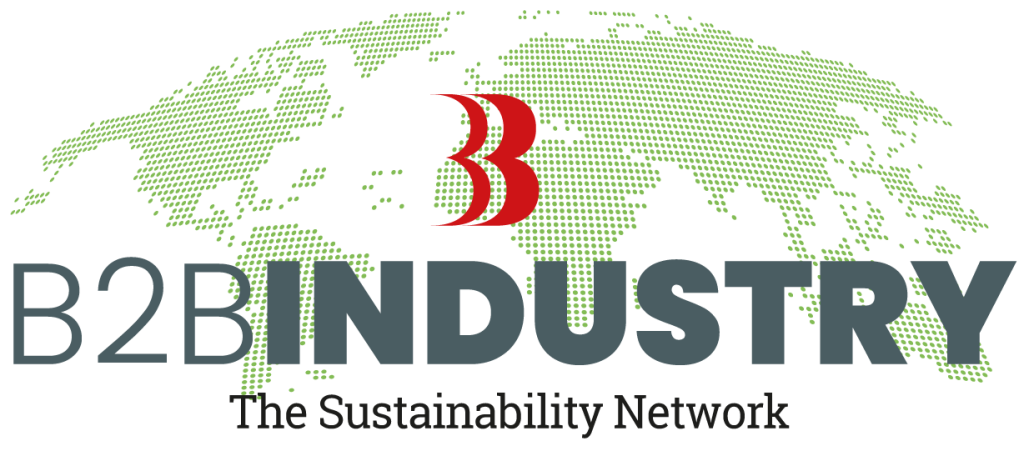In production processes, the benefits of generative AI are many, especially as it improves efficiency by optimising workflows. But there are also new obstacles and approaches to be adopted, especially with the workforce.
In the contemporary manufacturing scenario, the integration of Artificial Intelligence (AI) has emerged as a force capable of overhauling traditional practices, and redefining the industry’s operational dynamics, with a major impact on production.
The applications of AI are wide and versatile. From the design of complex components to entire systems, it helps create solutions which are not only efficient but also convenient. This is particularly evident, for instance, in the aerospace and automotive industries, where complex designs are essential for both functionality and safety. At the same time, the use of AI in the manufacturing industry has led to the production of lighter, stronger and more durable components, thus improving overall product quality.
The advent of AI technologies has thus opened up a new era of unprecedented efficiency, precision and innovation. From simplifying production processes to improving decision-making, AI has become an essential tool for manufacturers seeking to remain competitive in an increasingly complex global market.
Not least, the use of AI in production facilitates the creation of products which are not only optimised for specific needs, but also sustainable from an environmental standpoint.
Machines can generate new solutions on their own
At the forefront of this AI revolution there is generative AI, which enables machines not only to understand models and data, but also to generate new solutions independently. Indeed, unlike conventional AI which relies on predefined algorithms, generative AI exploits advanced machine learning techniques to create new designs, models or solutions based on the data it has been trained on.
Basically, generative design is a process in which algorithms explore multiple design permutations based on specific parameters, generating innovative designs which may not be immediately evident for human designers. The integration of generative AI in manufacturing not only speeds up the design phase, but also optimises solutions in terms of efficiency and performance.
Let us take a look at some of the benefits of integrating generative AI into manufacturing processes.
Production becomes better, more efficient and simplified
Let us start with advanced design optimisation. Generative AI enables design optimisation with unprecedented efficiency. By analysing vast data sets and considering multiple design parameters, AI algorithms generate innovative and optimised designs meeting specific criteria, leading to products which are stronger and more efficient in terms of resources.
AI in manufacturing, particularly generative AI, helps streamline manufacturing processes: it optimises workflows, reduces downtime and improves overall operational efficiency by identifying bottlenecks and suggesting improvements in real time. The use of AI also ensures a higher level of product quality.
Generative AI algorithms can identify potential defects and anomalies in the production process, minimising errors and improving the overall quality control mechanism.
Generative AI enables predictive maintenance by analysing historical data and identifying patterns indicating potential equipment failures.
This proactive approach minimises downtime and maintenance costs while extending the working life of machinery.
From cost reduction to an optimised supply chain
AI applications also contribute to significant cost reductions by optimising the use of resources, minimising waste and the need for manual intervention. This results in a more economical and sustainable production process.
Generative AI enables the customisation of products on a large scale. By understanding customer preferences and market trends, manufacturers can adapt their processes to create customised products, meeting the needs of a diverse consumer base.
AI and machine learning in manufacturing play a key role in optimising supply chain operations. Generative AI algorithms analyse supply chain data, predict demand fluctuations and optimise inventory levels, ensuring a smooth and responsive supply chain.
More sustainable and competitive
The integration of AI into manufacturing industry processes leads to improved energy efficiency. Generative AI can optimise energy consumption by identifying areas where energy is wasted, recommending changes to reduce environmental impact.
Besides, it provides valuable information by processing and analysing large amounts of data. This helps decision-makers make informed choices based on data, ultimately contributing to a more effective and strategic decision-making process in manufacturing. Finally, the adoption of generative AI positions companies at the forefront of technological innovation.
By staying at the forefront, they gain a competitive advantage, attracting customers and partners who appreciate the efficiency, quality and sustainability offered.
Integration into existing systems can be an obstacle
How can manufacturers effectively implement AI in their operations? As we have seen, in the dynamic world of manufacturing, the integration of AI has ushered in a new era of efficiency and innovation. However, this transformation path is not devoid of challenges and obstacles to overcome. Specifically, the implementation of AI in the manufacturing sector presents a number of unique problems. One major obstacle, for instance, is integration with existing systems and processes. Manufacturers are often faced with a legacy infrastructure, making the integration of AI technologies difficult.
Besides, the complexity of production processes requires sophisticated AI models. Ensuring that these models are strong enough to handle the complexities of production, while maintaining accuracy and efficiency, is an ongoing challenge. The current shortage of skilled professionals experienced in both AI and manufacturing makes this problem worse.
Ethical considerations
There are also ethical considerations regarding the use of AI. A major concern is the potential displacement of human workers. AI-driven automation can lead to job losses, requiring a delicate balance between technological progress and workforce stability.
Another ethical dilemma relates to data privacy and security: manufacturing processes generate large amounts of sensitive data, and ensuring their protection from wrongdoers is crucial.
To overcome these challenges and address ethical concerns, manufacturers are adopting new strategic approaches.
Upgrading legacy systems through phased implementations enables a smoother integration of AI technologies.
Collaborating with specialists and investing in workforce training programs helps bridge the skills gap, ensuring that employees can work smoothly with AI systems. Ethical considerations are being addressed through the implementation of responsible practices. Manufacturers are adopting transparency in AI decisionmaking processes, actively involving stakeholders in the development and implementation of systems. Besides, ethical guidelines are being developed to regulate the responsible use of AI in production.
Source: Controllo e Misura by Publitec


